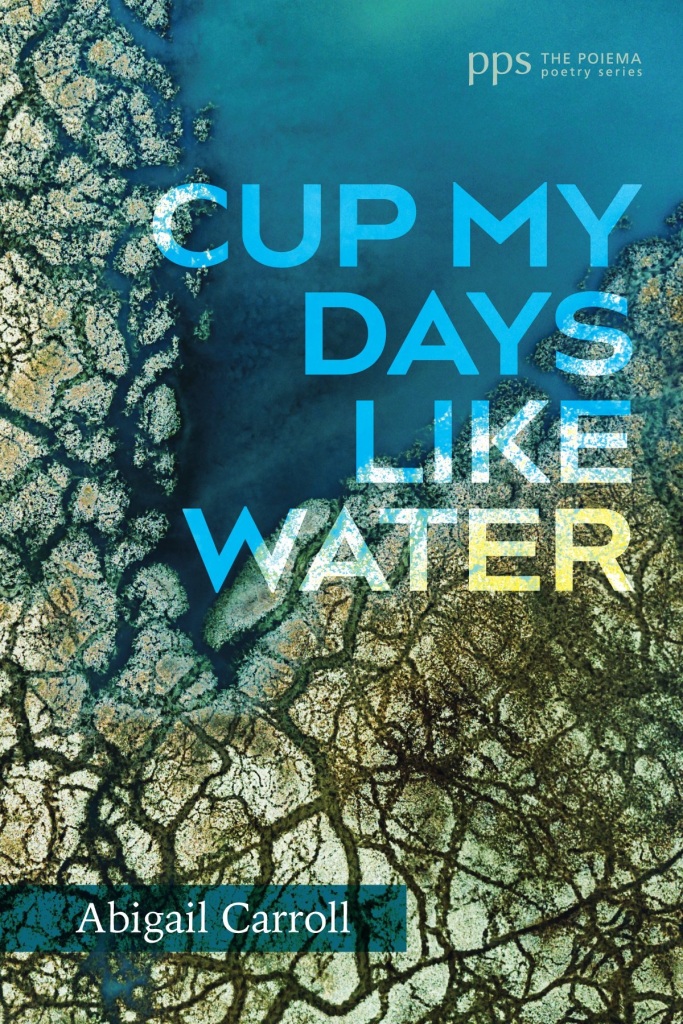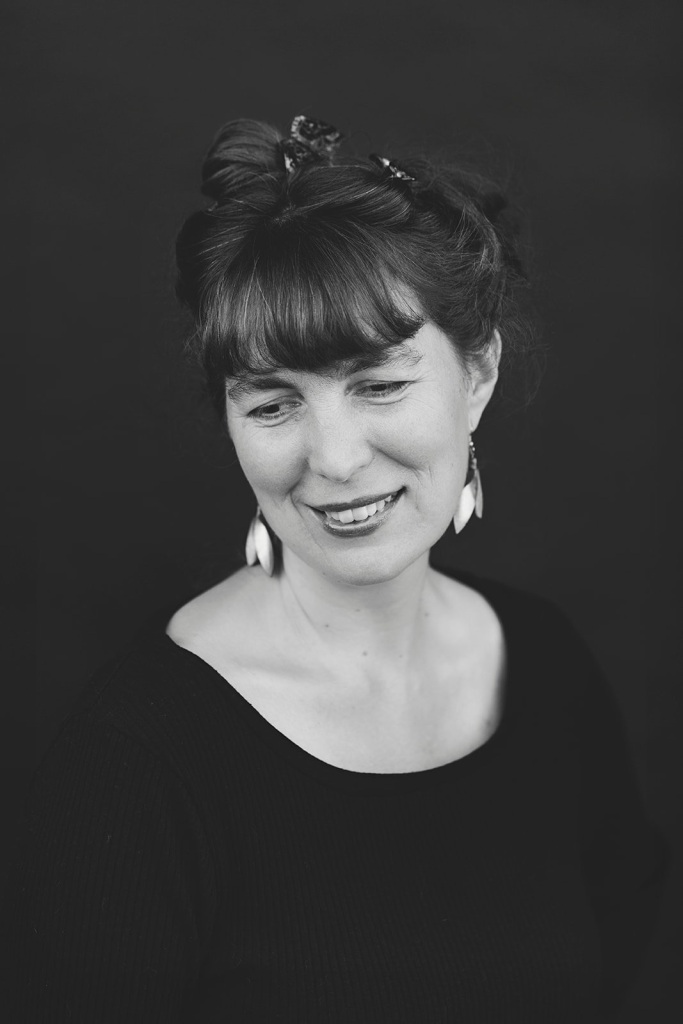
This essay by Alex Joyner originally appeared in The Englewood Review of Books and is republished here by permission.
To love the world
is to speak its hidden name,
preach over it what foxes and warblers
know in blood, feather, and fur.
How else do we become ourselves? (76)
—‘To Love the World is to Mother It’
Abigail Carroll sees the gracious hand of the Creator settling soft over the land and the waters each evening. Even amidst the ‘blood, feather, and fur’ of tenuous existence, she finds a gentle force calling us forth. In the twilight world of her poem, ‘Crepuscular,’ she feels kinship with the nesting swallow and is content to be a simple thing:
Hold me in mauve,
in thistle-dim,
in liturgy of form and line
blurred, the far marsh’s
silver wane.
I wish to mind
the simple shape of things
again, know myself
as mere,
as shiver, as trace. (82)
In consenting to be mere, Carroll is training her soul through the medium of the Bible’s poetry. Each of the poems in her latest collection, Cup My Days Like Water, is a meditation on a line from one of the biblical psalms—one for each through number 75. One can only hope that a second collection is on the way to complete the set.
Carroll’s landscapes, woodlands and seas that reflect her New England home, call to mind another great poet of the Northeast, Mary Oliver. Like Oliver, Carroll is struck by the transcendent possibilities of creatures, humans not excepted, interacting with the elements around them. In ‘You Sit Me Down on a Lake-Sculpted Log,’ a take on the 23rd Psalm, she says,
You bathe me in afternoon,
whitecaps scrawling the far
wild open, a buoy nodding
some lost code to joy,
a lone egret plume. (28)
The words are spare and descriptive even if the nouns are often mutating to verbs. “Let me tenant the stalling day,” she prays delightfully. But behind the words is a radiant life she is trying to capture, to ‘cup like water,’ yet without grandiosity.
It is the habit of biblical psalms to remind us of our finitude and limits. We are grass, they say. We come to the end of our days. We cannot comprehend the mind of God. But gratitude abounds. “Blessed are the holy perplexed,” Carroll notes in ‘Blessed are the Confused,’ cueing off a quirky translation of Psalm 60:3: “Thou hast made us to drink the wine of bewilderment.”
Other poems attempt to right-size the poet, accenting human fragility and downplaying ambition. In the sobering poem ‘Epitaph’ she rests in a fleeting triumph:
I wrote a prayer
someone taped
on their door. (62)

A line from the confessional Psalm 51 becomes:
What tore in me
was glory
made with paper and glue—
that self the self constructs
with scissors,
string, and a fifty-cent bottle
of gold. (58)
Throughout this collection, however, Carroll revels in the work of words. She may see her own contribution as modest, but she swims in a great current of spiritual seekers whose instrument is language. To wit, in ‘I Wanted the Woods Like I Wanted Something Lost’:
One day on a shelf, a book—
sculpted cupfuls of words—
Edna St. Vincent Millay
perfectly naming exile,
whispering my forest hunger,
my woods-ward gaze. (30)
And in ‘Prayer as an Assemblage of Souvenirs,’ her own writing space becomes a place of sacred offering:
A blue-glazed mug of pens—
fine-tipped tools
for the naming of hours. (7)

Carroll’s collection is a great companion for daily reflection. She has a knack for going to the deep and sometimes difficult heart of things without flinching and yet returning with something like uplift and joy. There is a lightness verging on flight to her images and words. And a reassuring faithfulness in her discipline of witness.
What I’m saying is, God is present here. In this book and in this world. Abigail has shown it to be so.

One response to “The Lightness of Abigail Carroll”
Alex, thanks for continuing to show me the variety of writers that are in this world. Your reviews give a reader a broad, but snapshot look into the writer and the gift of her work. Thanks for sharing.
LikeLiked by 1 person